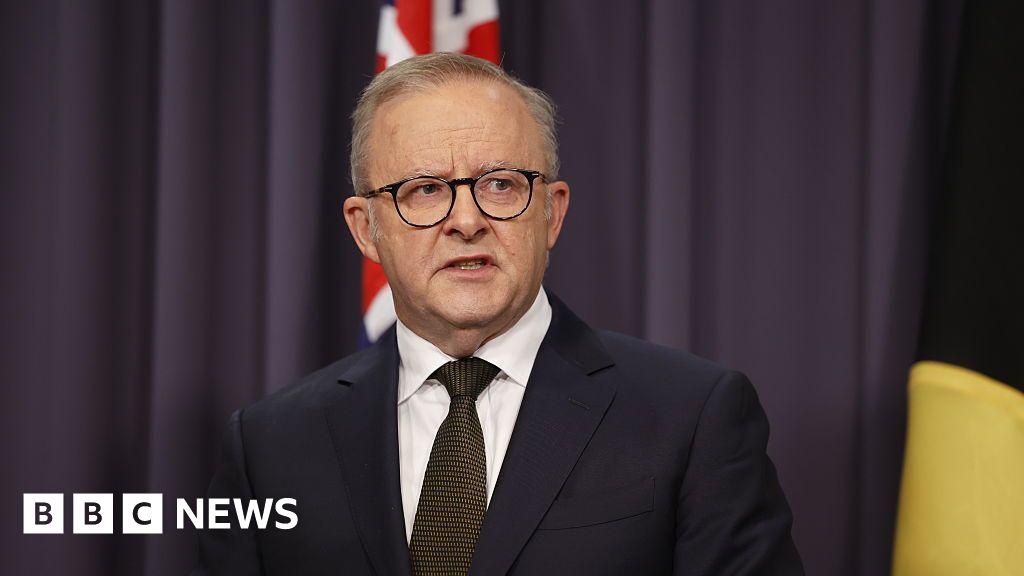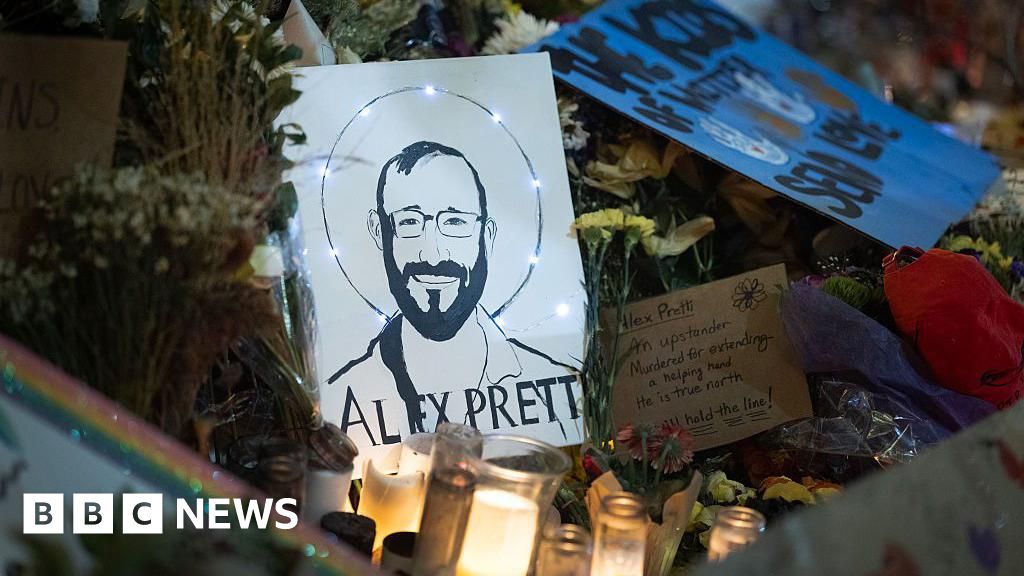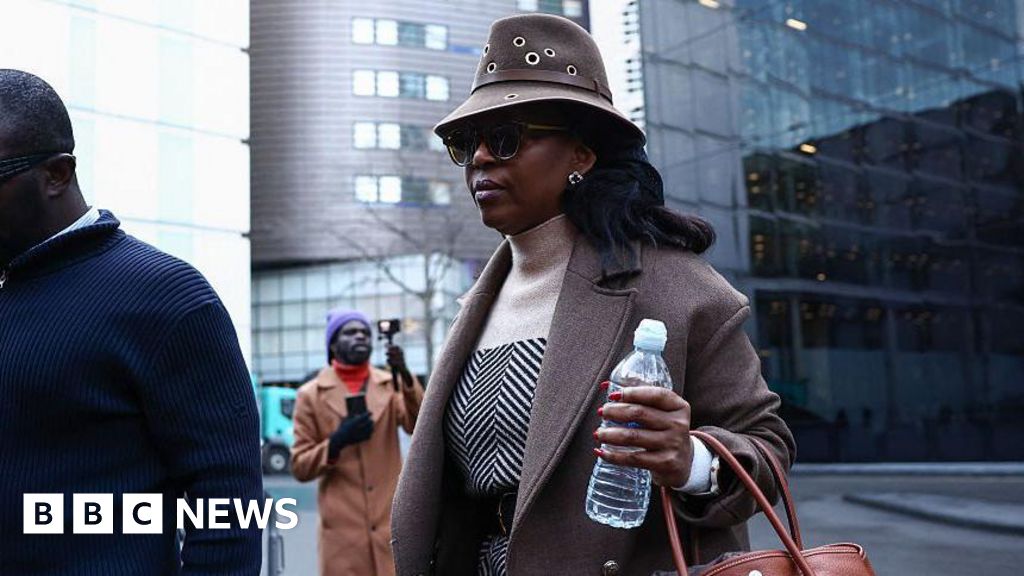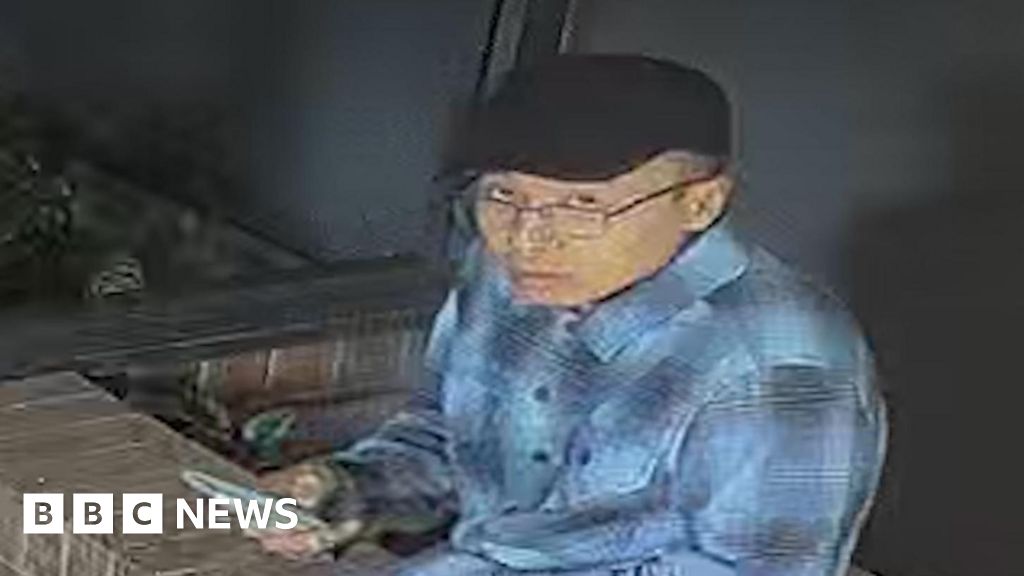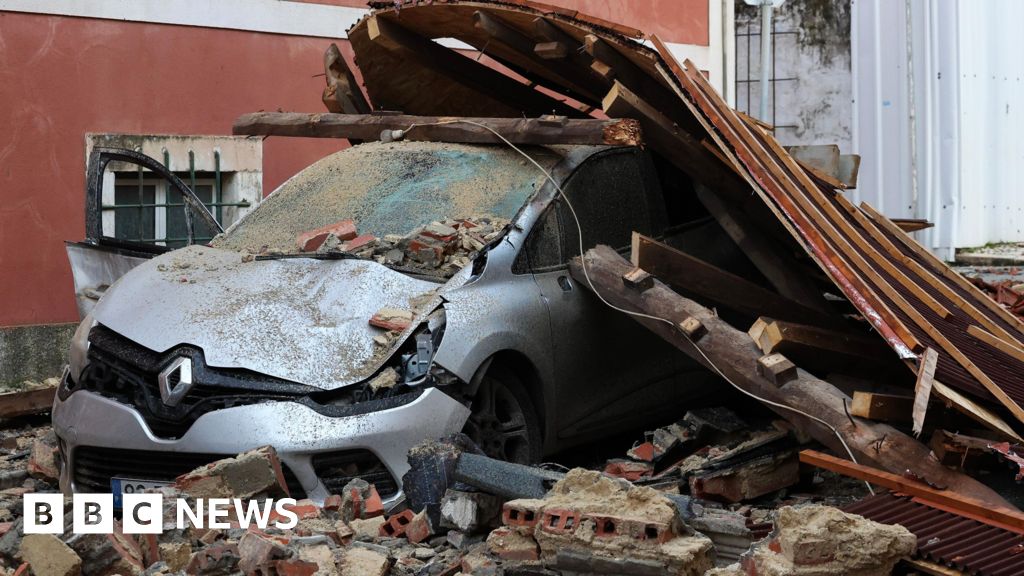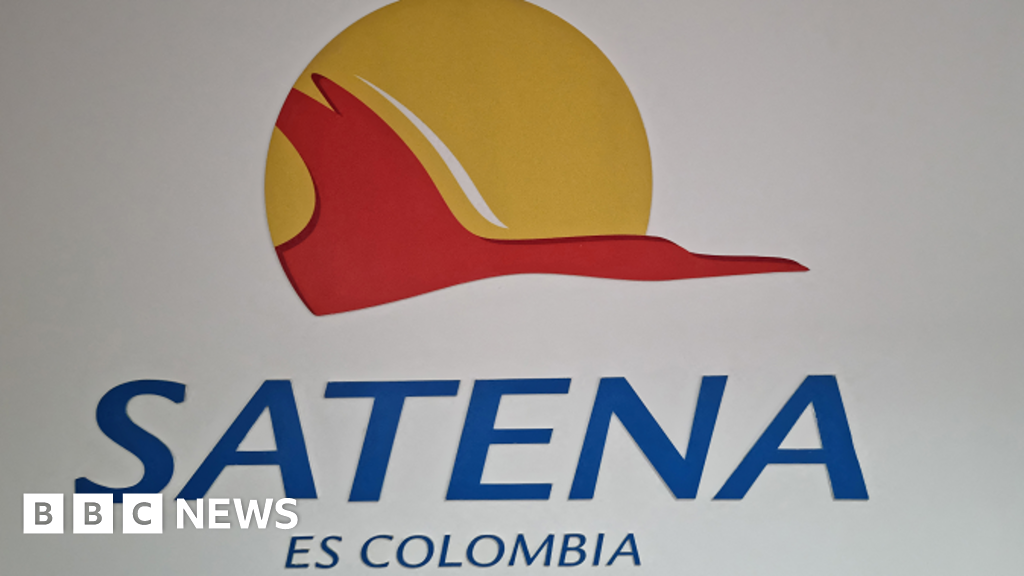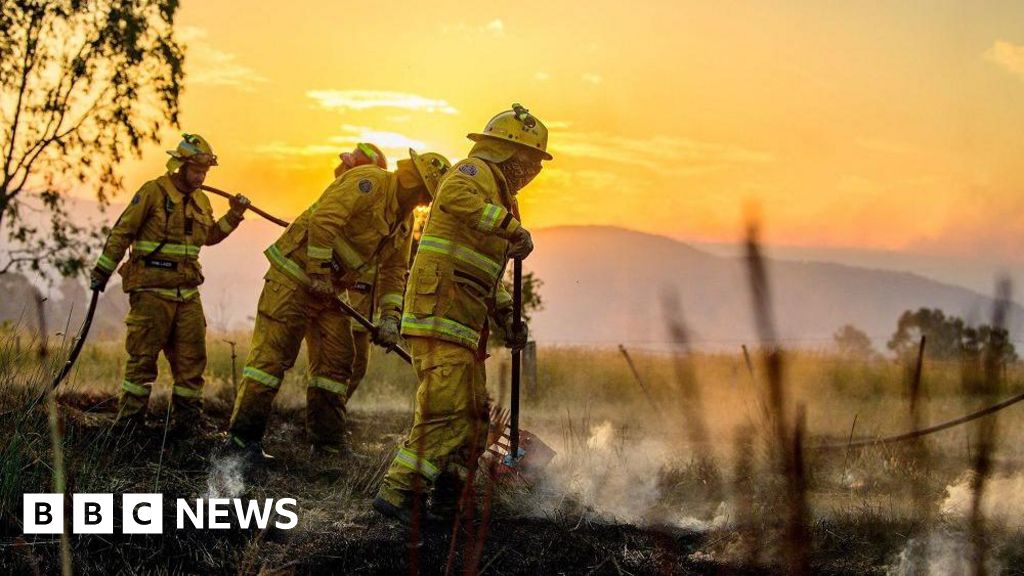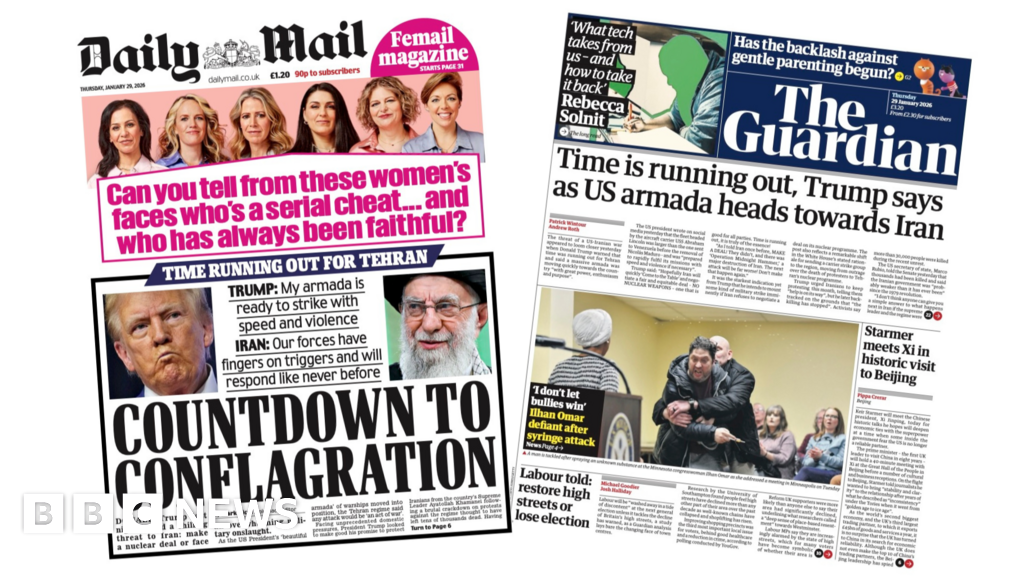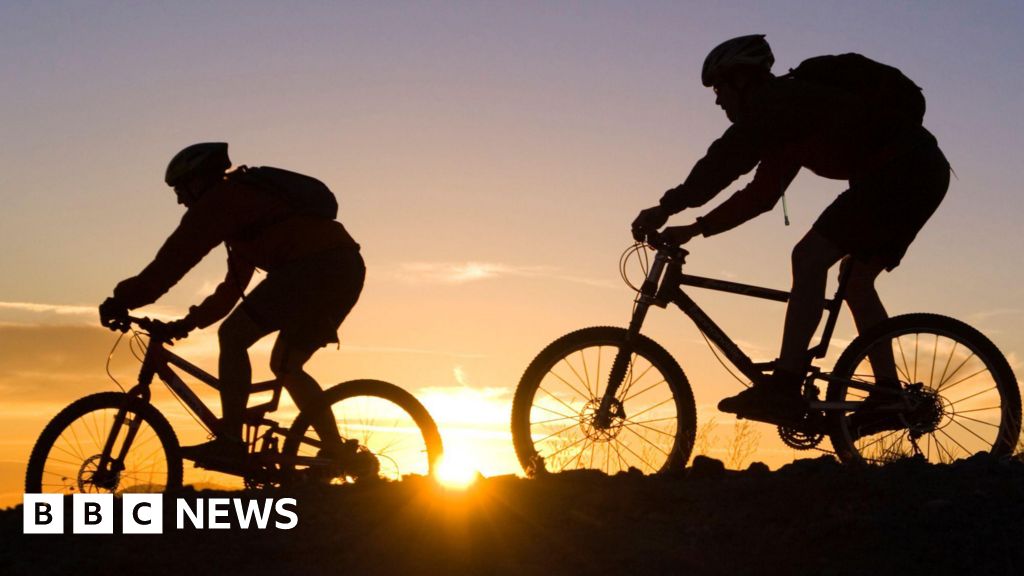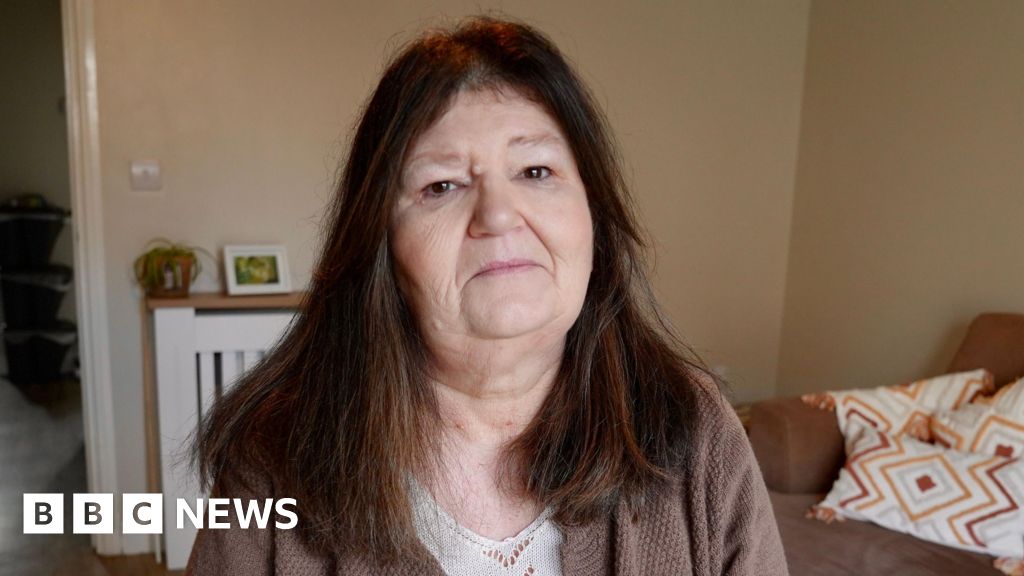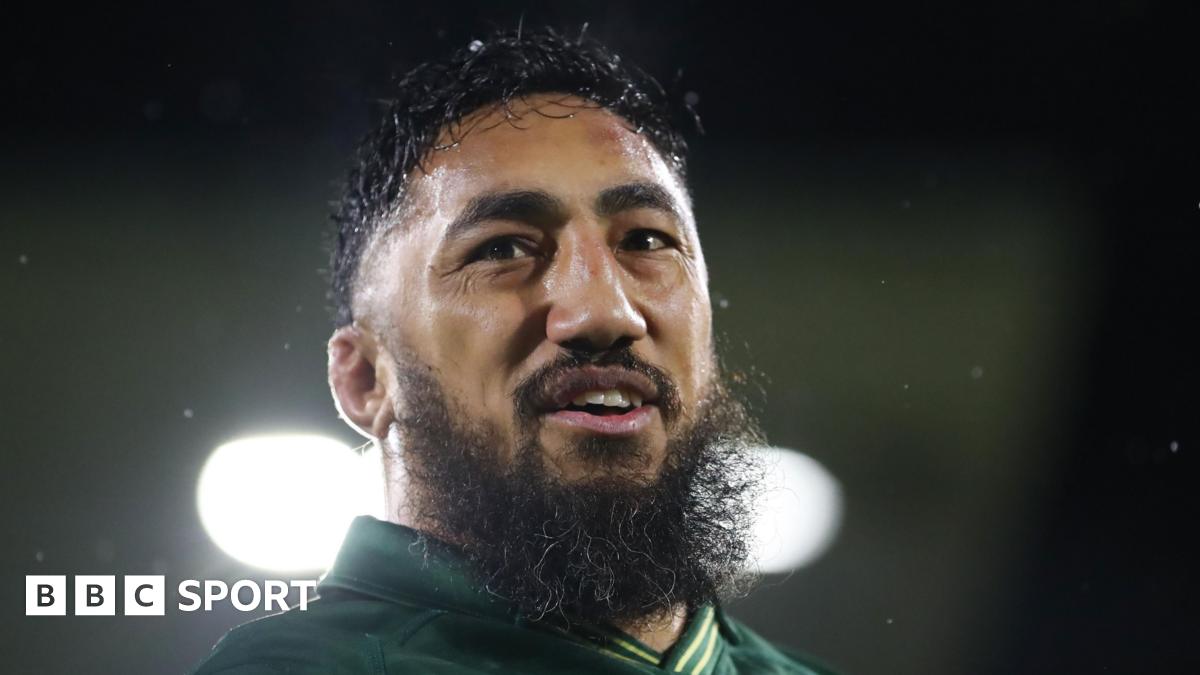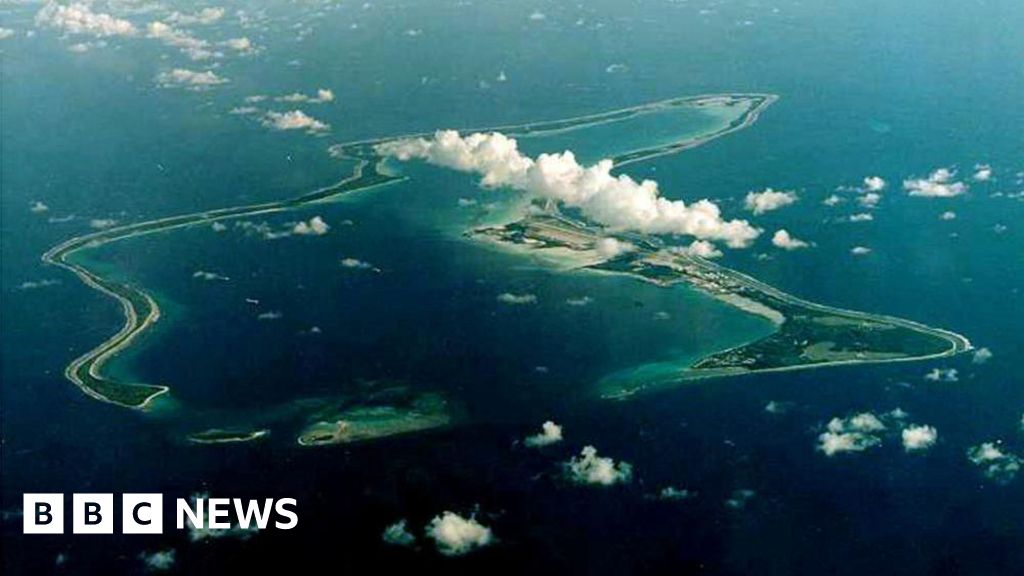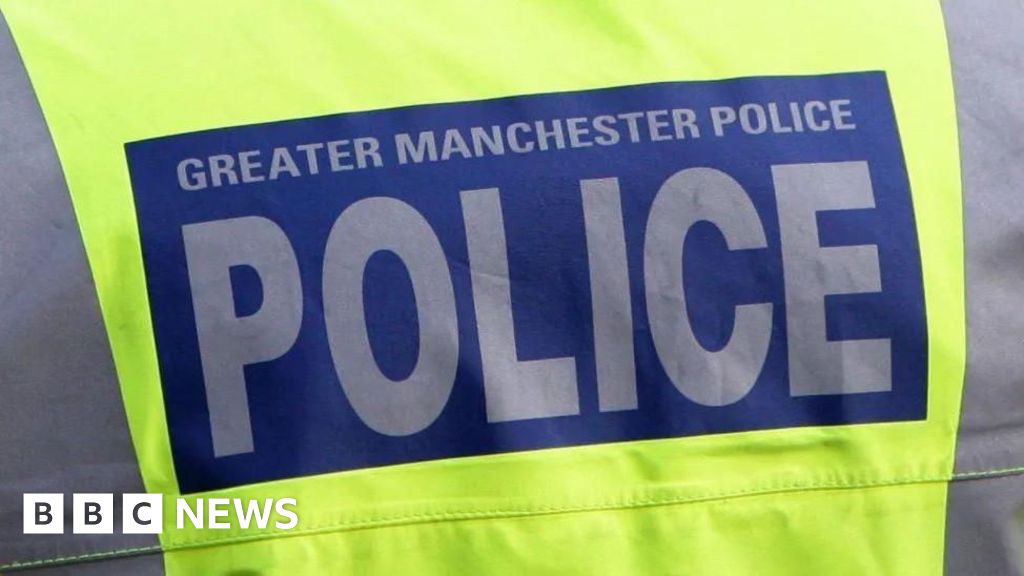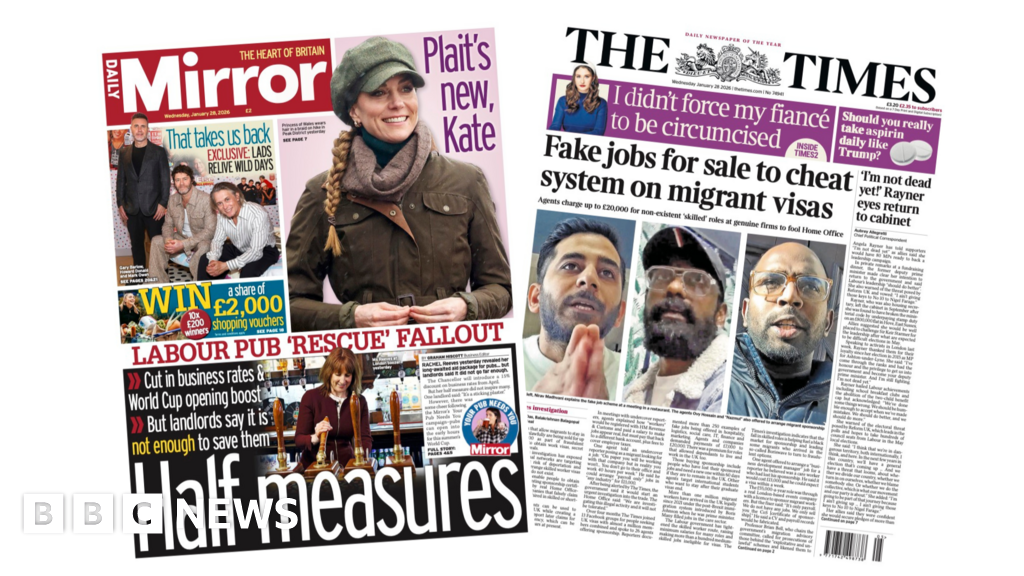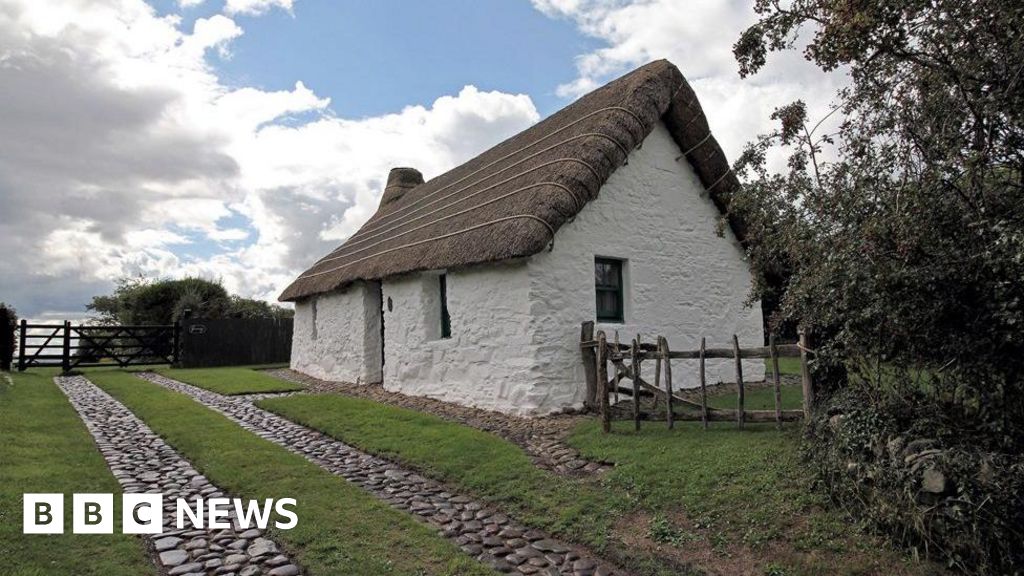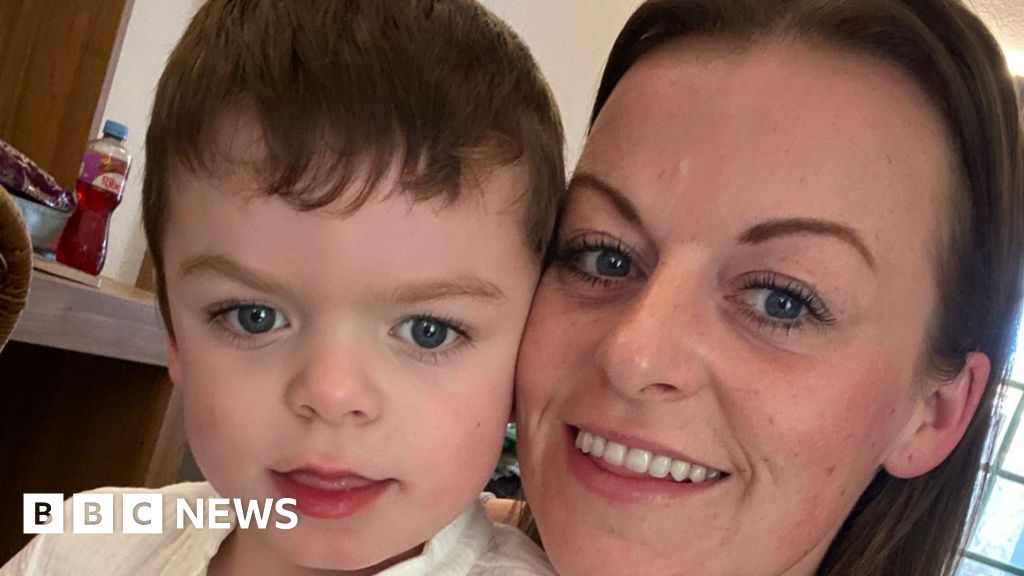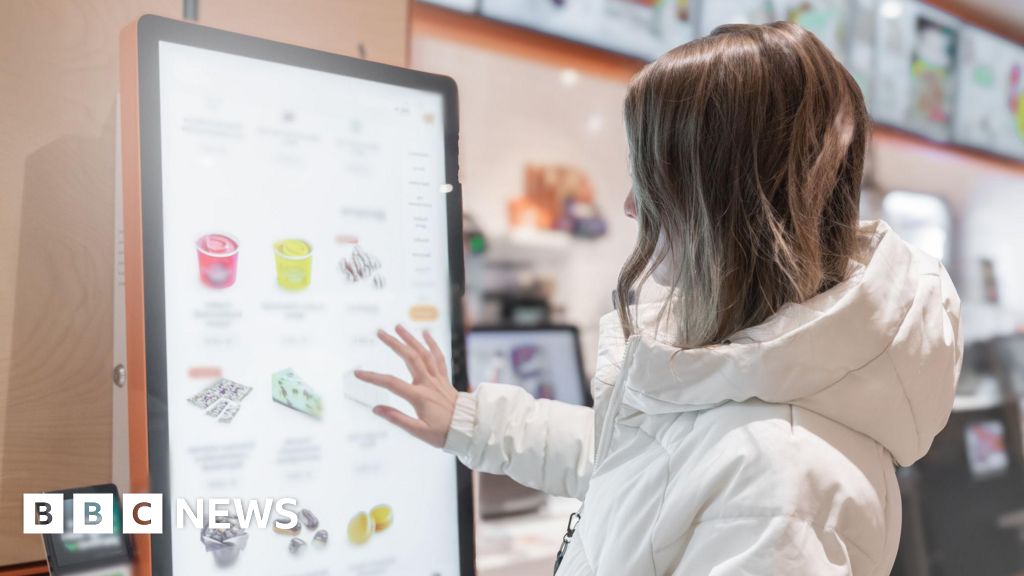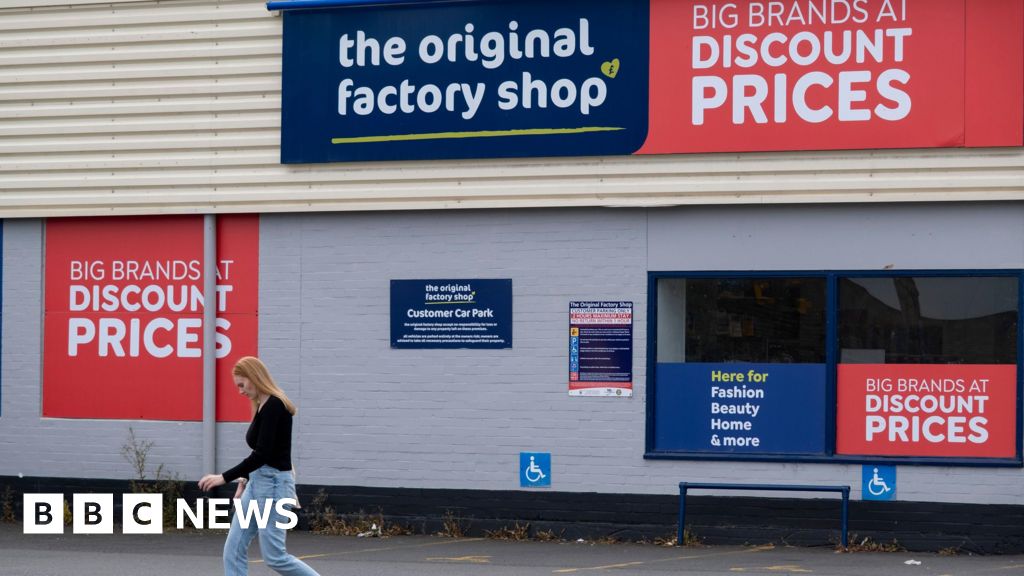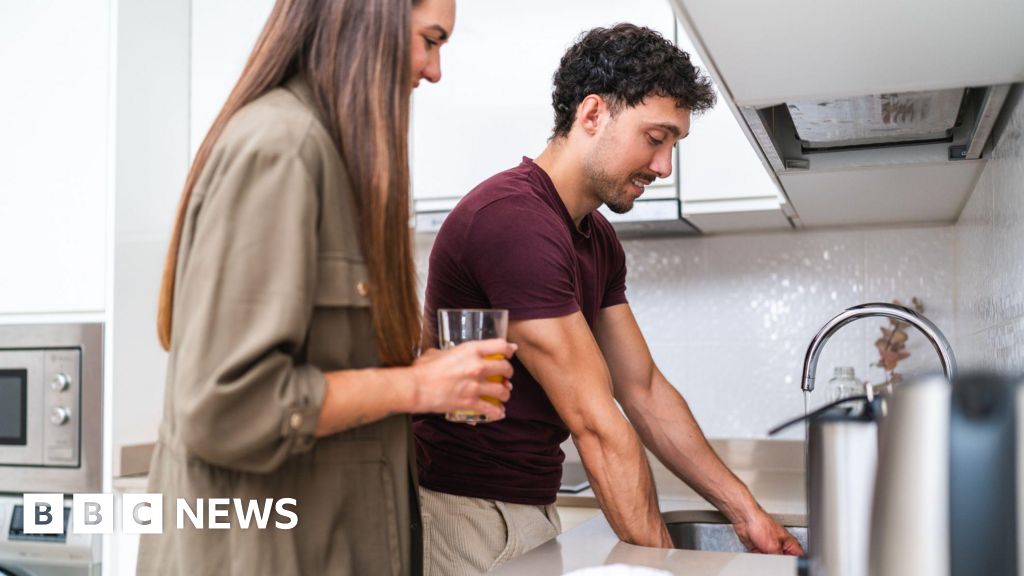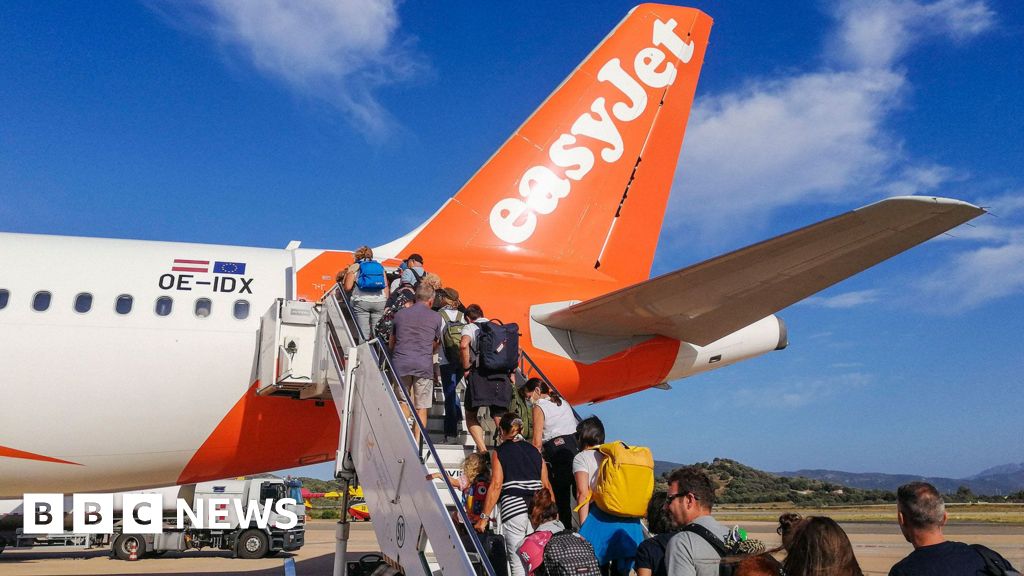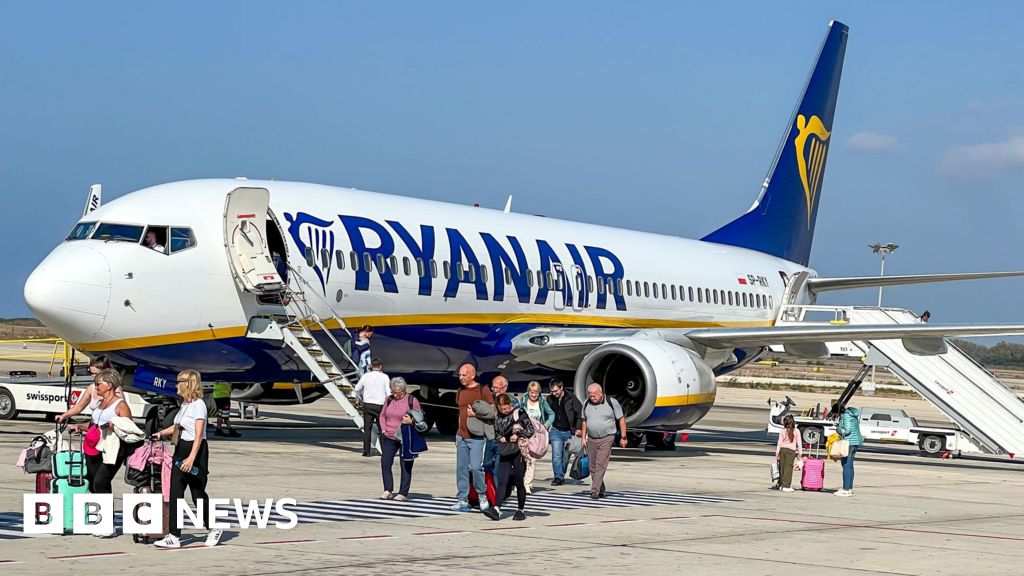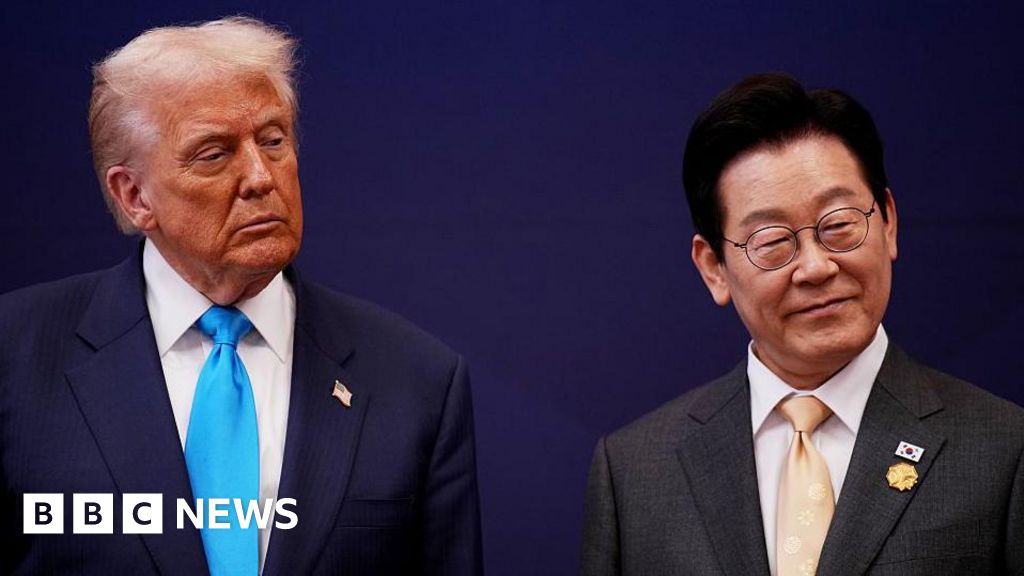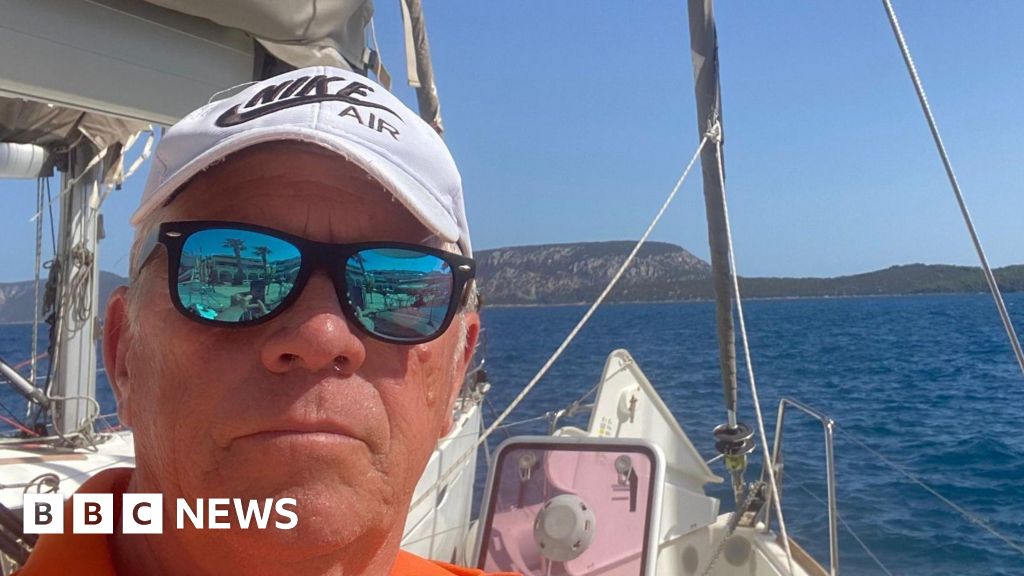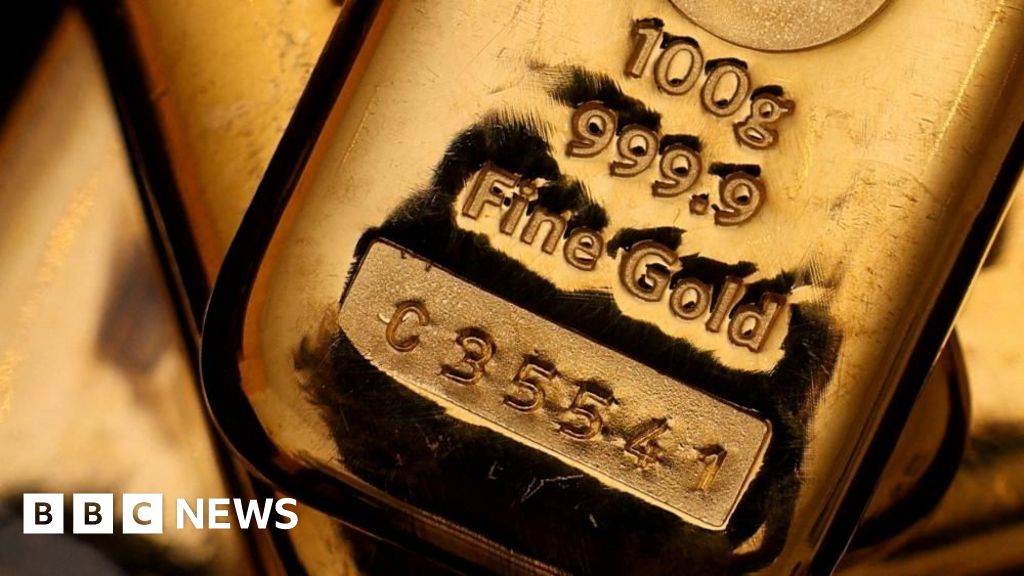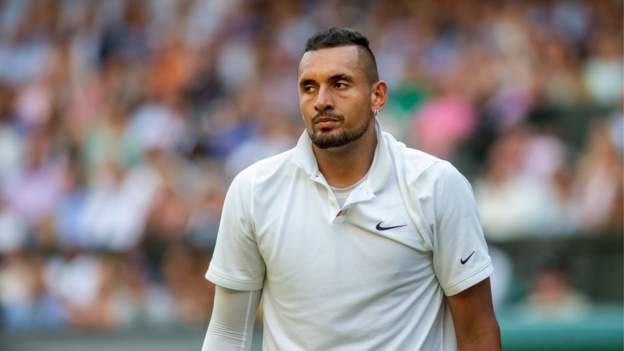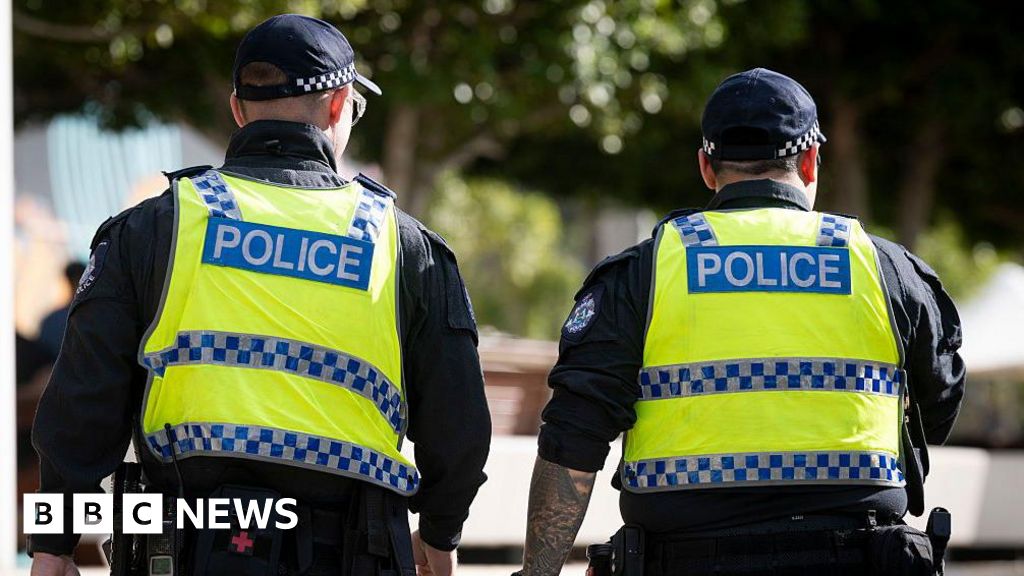Nick Kyrgios says he “genuinely contemplated” suicide and spent time in a psychiatric hospital in London after losing at Wimbledon in 2019.
The Australian, 28, was knocked out by Rafael Nadal in the second round.
Kyrgios said he later got a sleeve tattoo on his right arm to cover up evidence of self-harm.
“I was drinking, abusing drugs, I hated the kind of person I was,” he said in the documentary Break Point, which covers his run to the 2022 final.
“I lost at Wimbledon. I woke up and my dad was sitting on the bed, full-blown crying. That was the big wake-up call for me.
“I was like, OK, I can’t keep doing this. I ended up in a psych ward in London to figure out my problems.”
In February last year Kyrgios posted on Instagram about his mental health, saying he had had “suicidal thoughts” and “struggled to get out of bed” in 2019, pointing out self-harm marks on his arm in a photo from the Australian Open.
“I was genuinely contemplating if I wanted to commit suicide,” he says in the documentary, due to be released on Netflix later this month.
“That pressure, having that ‘all eyes on you’ expectation, I couldn’t deal with it. I hated the kind of person I was.
“I lost my relationship with my family, pushed all my close friends away.
“You could tell I was hurting. My whole arm was covered in scars. That’s why I actually got my arm sleeve, to cover it all.”
The post on Instagram said he was “proud to say I’ve completely turned myself around” and that he doesn’t “take one moment for granted”.
After reaching the final of Wimbledon last year, where he was beaten by 23-time Grand Slam champion Novak Djokovic, Kyrgios sustained a knee injury which resulted in him having surgery to repair a small tear in his left lateral meniscus in January.
He returned to the court for the first time on Tuesday at the Stuttgart Open in Germany, where he lost to China’s Wu Yibing in the opening round.
If you, or someone you know, have been affected by any issues raised in this article, support and information is available at BBC Action Line. You can also contact the Samaritans on a free helpline at 116 123, or visit the website.

